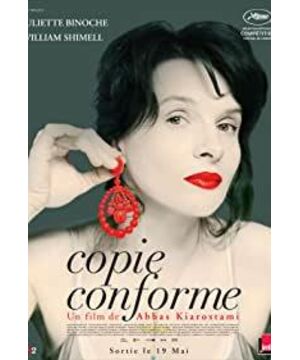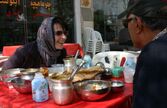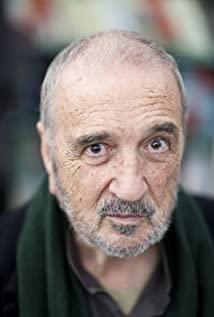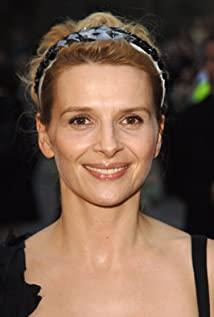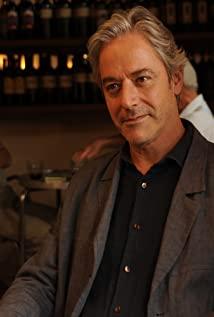From the introduction of the concept of copy at the beginning of the film, the role of artwork is to inspire people, and the real and fake are only the difference in form.
A misunderstanding in a coffee shop led to an experiment in performance art: couple acting.
In one afternoon, it showed the warmth and embarrassment of fifteen years of marriage. The male protagonist was brought into this copy by Juliet and became a somewhat irresponsible husband.
The quarrel between the two is so ordinary and full of details: the anniversary is too tired to fall asleep, I carefully create a dining atmosphere, I dress up beautifully, but it is broken by the husband who is picky with the moldy cork, Juliet's surprise and embarrassment, in reality The little joys in the game alternate with the meltdowns in the role-playing. And bring food to your husband after arguing, isn't it like in real life, after arguing, your mother will still leave dinner for your father.
These fictitious copies still engender the kind of empathy that is all too real.
This brings me to the idea of having an exhibit of concept art, a chair, and the whole work: a chair, a photo of a chair, a textual concept of a chair.
In the film, when he was able to pat on the shoulder and lean on the shoulder, it gave Juliet the actual experience of trying to convince the male protagonist about the sculpture.
If the value of the copy is far greater than the genuine one, or even more appropriate than the genuine one, this is no longer a discussion of true and false, but the value of the copy itself.
Combined with the conversation about the unique pine tree during the journey, whether there is a difference in the copy, there is a unique, and it exists as an individual.
The experiment is fake, the emotion is transferred or performed, but can you say the emotion is fake? Is the realism of that highly refined similar experience fake?
In the scene at the end of the film, the male protagonist stares in front of the mirror, as if to breathe out of Juliet's previous emotional explosion. He looks overwhelmed, flustered and embarrassed.
This similar close-up of the shot is reminiscent of the previous restaurant Juliet dressed herself in front of the mirror on a whim. Juliet was thinking about whether to surprise her husband and whether to make the experiment more real. And this time I think he was thinking about whether to shave and whether to stay. In the end, it was more than just leaving and staying.
He is no longer staring at himself, he is staring at the audience, that is, us. After he leaves the frame, we stare at the scenery of the movie window.
View more about Certified Copy reviews


